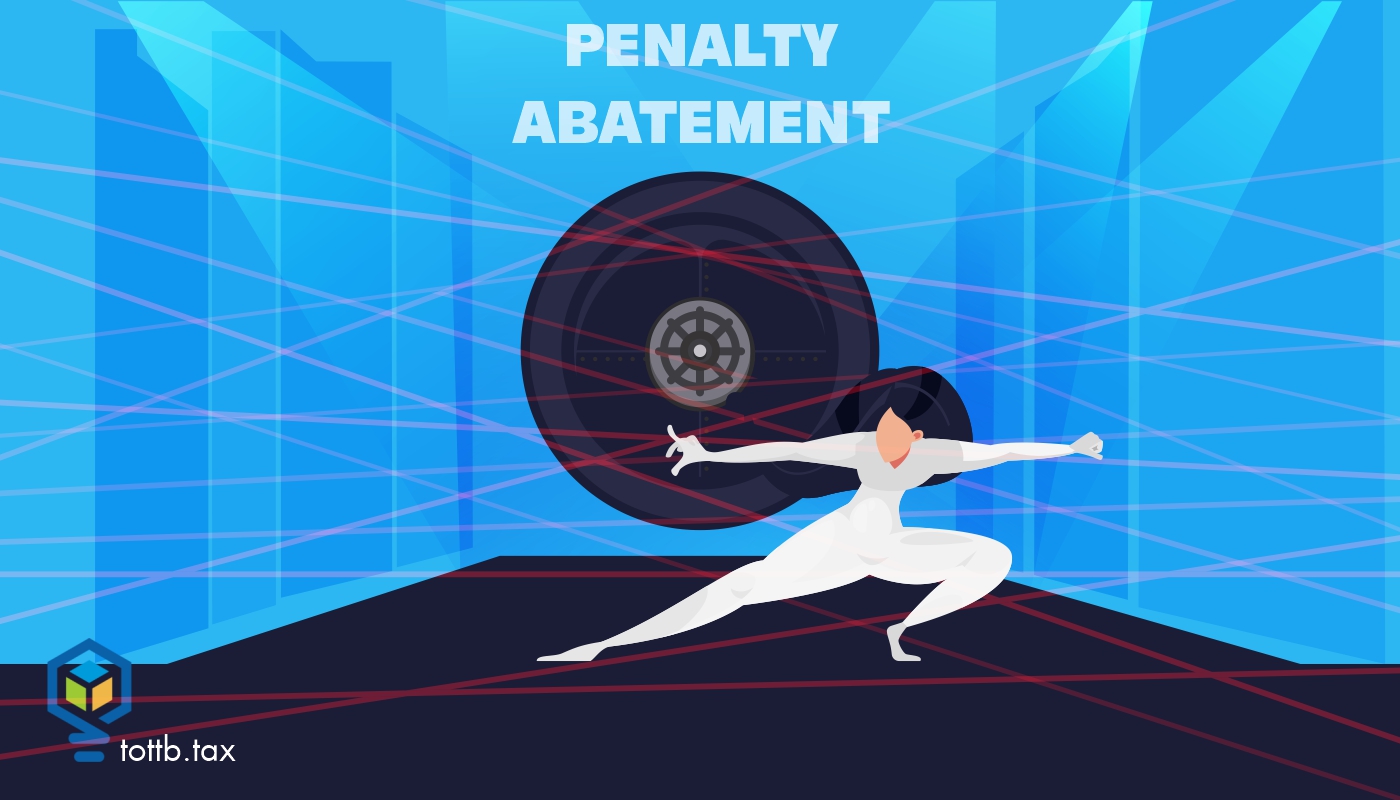Question: Can I avoid depreciation recapture by not claiming it before I sell?
Answer: Nice try. You may save yourself unnecessary worry and fear about so-called recapture, but it won’t save you any tax impact when you do sell. If you want to learn the truth about depreciation, keep reading to learn more.







